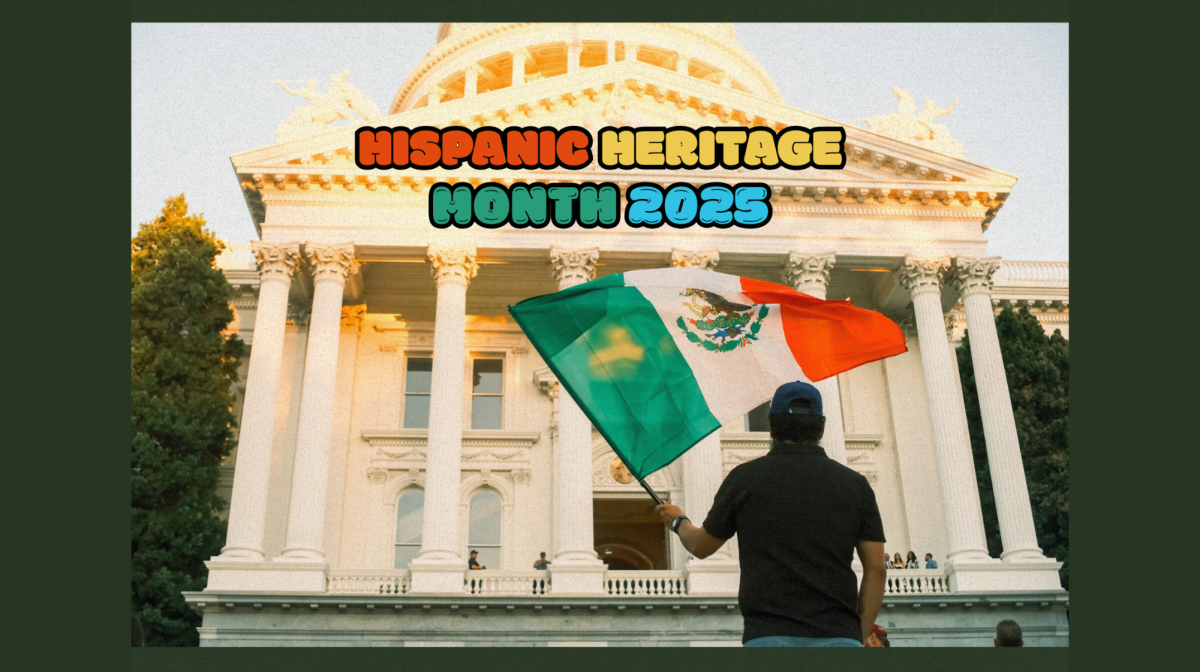The heart never forgets
February 9, 2005
It occurred to me that no other body part is connected to human emotion or feeling quite like the heart.
That is saying something for an internal organ that is just a pump. But is the heart’s association to emotion merely remnants of ancient philosophy or it is scientifically valid?
The heart, the cone-shaped human engine, is the muscle in our bodies that pumps blood from left to right to provide oxygen to cells. I don’t know about you, but I have always seen the heart popularly drawn as two upside down J’s and associated with phrases such as “have a heart,” “change of heart,” “broken heart” and “cold hearted.”
During a recent trip to traffic school, I was offered the opportunity to become an organ donor.
I plan to put that sticker on my driver’s license and agree to donate any of my organs to someone in need.
Cellular memory is a topic being studied a lot in modern biology. The concept proposes that memory tissue is found in numerous areas of our bodies, not only the brain. The human heart has been an organ of particular interest in some of these studies.
According to the San Francisco Medical Society’s Web site, Dr. Paul Pearsall, clinical professor of the Department of Nursing at the University of Hawaii, conducted a study in 2002 in which he interviewed 150 individuals who had received a heart transplant.
His findings led him to conclude that the heart’s living tissue is able to retain memory because many of the transplant recipients acquired characteristics of their heart donors following surgery.
Is it possible for the human heart, which we usually think of as merely the pump that circulates our blood, to remember the activities and personality traits of its original host?
The idea sounds like science fiction; if it’s true, Hallmark should include a “cellular memory” theme among this year’s batch of Valentine’s Day cards. But it is not science fiction.
One of the 150 patients investigated by Pearsall was a seven-month-old boy who was given a heart by a 16-month-old boy who had drowned. The donor had cerebral palsy and was bothered by it on his left side.
The boy who received the heart did not show signs of cerebral palsy prior to the transplant, but acquired stiffness and shaking on his left side following the surgery.
Another heart recipient was a lesbian who loved fast food. The heart she received belonged to a vegetarian who was crazy about men.
The former lesbian married a man and claimed that meat made her sick. Claire Sylvia, author of “A Change of Heart,” tells her story of receiving a heart and lung transplant from an 18-year-old man who died in a motorcycle accident.
Following the surgery, she underwent a complete change in diet, attitude, likes and dislikes that all corresponded to her donor’s. In the book she is introduced to “the family of her heart,” which helps reinforce her life changes.
Assistant professor of biology Adam Rechs, who specializes in physiology, is hesitant to support Pearsall’s findings and claims that individuals who receive donated organs experience personality changes from the traumatic effects of being an organ recipient.
He blames Aristotle for the common association of human emotions and the heart.
“He claimed that the heart, and not the brain, was the center of thought, logic, emotion and consciousness,” Rechs said. “The brain, he claimed, was merely a radiator to cool the heart.”
If Aristotle was wrong, we need not cut out heart shapes from paper, as children often do around this time of the year, but instead develop a unique shape for the brain to slip into their Valentine’s Day cards.
This is because, aside from these stories of transplants, modern science has always associated emotion and memory with the mind and neurons. Rechs said that Aristotle is the reason why nobody says, “I love you with all of my brain.”
Cellular memory has been rejected by a lot of scientists, but for others, such as Pearsall, it is very possible.
Whether cellular memory or Aristotle’s assumptions are responsible for modern Valentine’s Day cliches is up to you to decide.
I am just a curious observer of society’s fascination with the human heart and its role in making people honorable, unstable or happy.
Blake Ellington can be reached at [email protected]























































































































